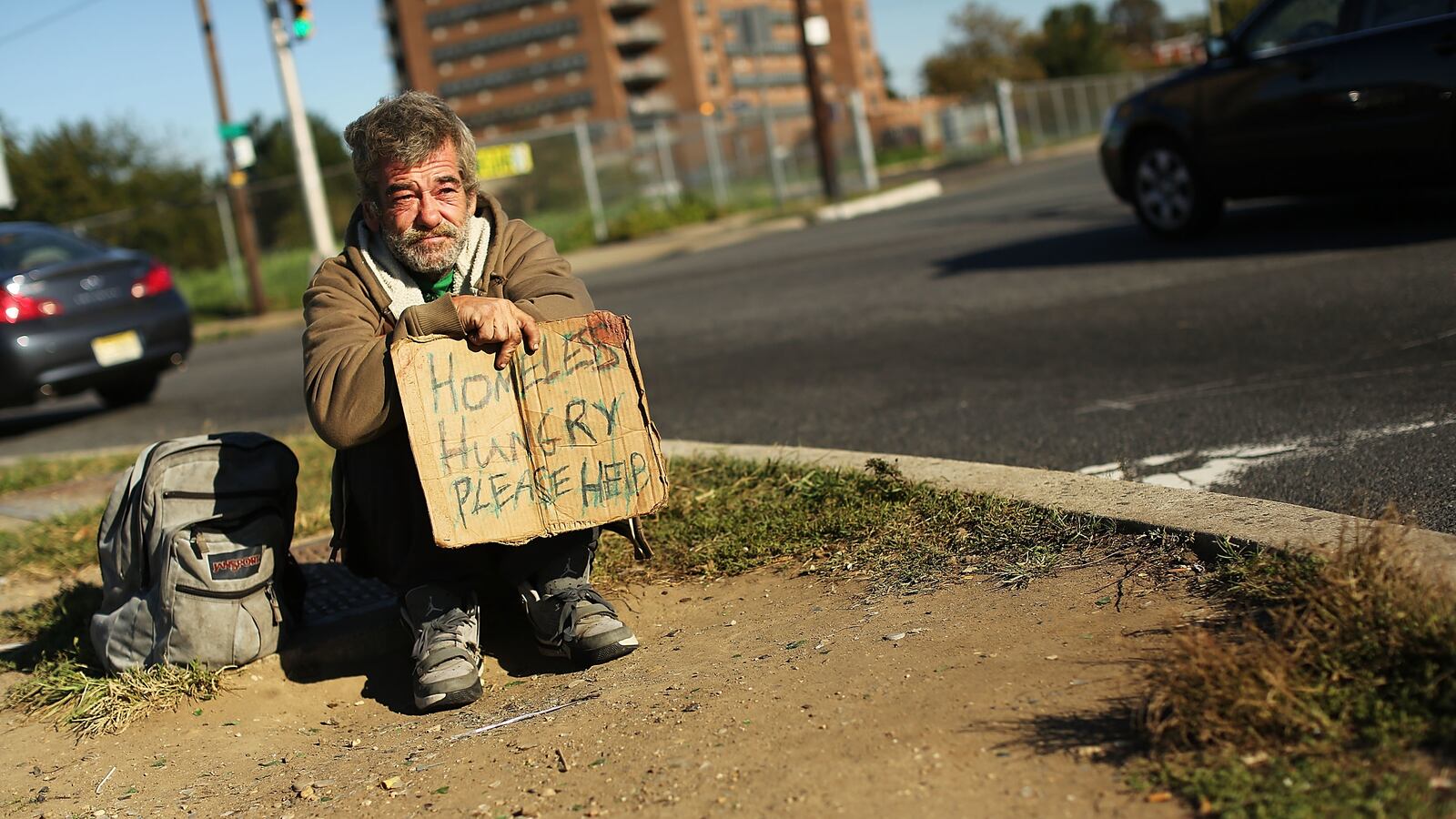My CNN column focuses on a major domestic policy achievement by George W. Bush: combating homelessness.
Have you noticed that homelessness isn't worse? Here we are, living through the most protracted joblessness crisis since the Great Depression -- and surprisingly, fewer people are living on the street.
The federal Department of Housing and Urban Development reported that the number of the chronically homeless declined by 30% between 2005 and 2007. You might have expected the numbers to spike again when the financial crisis hit but no. Since 2007, the number of chronic homeless has dropped another 19%.
A broader measure of the number of homeless counts the number of people living out of doors on one randomly chosen night. That broader measure has also improved through the economic crisis. Between January 2011 and January 2012, homelessness among veterans dropped by 7%.
To what or whom do we owe this good news?
In very large part, we owe it to the president whose library opened in Dallas last week: George W. Bush.
For three decades, we have debated what causes homelessness and how to deal with it. Is homelessness a mental health problem? A substance abuse problem? A problem caused by gentrification and urban redevelopment? Or something else again?
The Bush administration substituted a much simpler idea -- an idea that happened to work. Whatever the cause of homelessness, the solution is ... a home.
In 2002, Bush appointed a new national homeless policy czar, Philip Mangano. A former music agent imbued with the religious philosophy of St. Francis of Assisi, Mangano was seized by an idea pioneered by New York University psychiatrist Sam Tsemberis: "housing first."
The "housing first" concept urges authorities to concentrate resources on the hardest cases -- to move them into housing immediately -- and only to worry about the other problems of the homeless after they first have a roof over their heads. A 2004 profile in The Atlantic nicely summarized Tsemberis' ideas: "Offer them (the homeless) the apartment first, he believes, and you don't need to spend years, and service dollars, winning their trust."
Many old school homeless advocates resisted Mangano's approach. They were impelled by two main objections:






